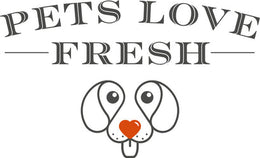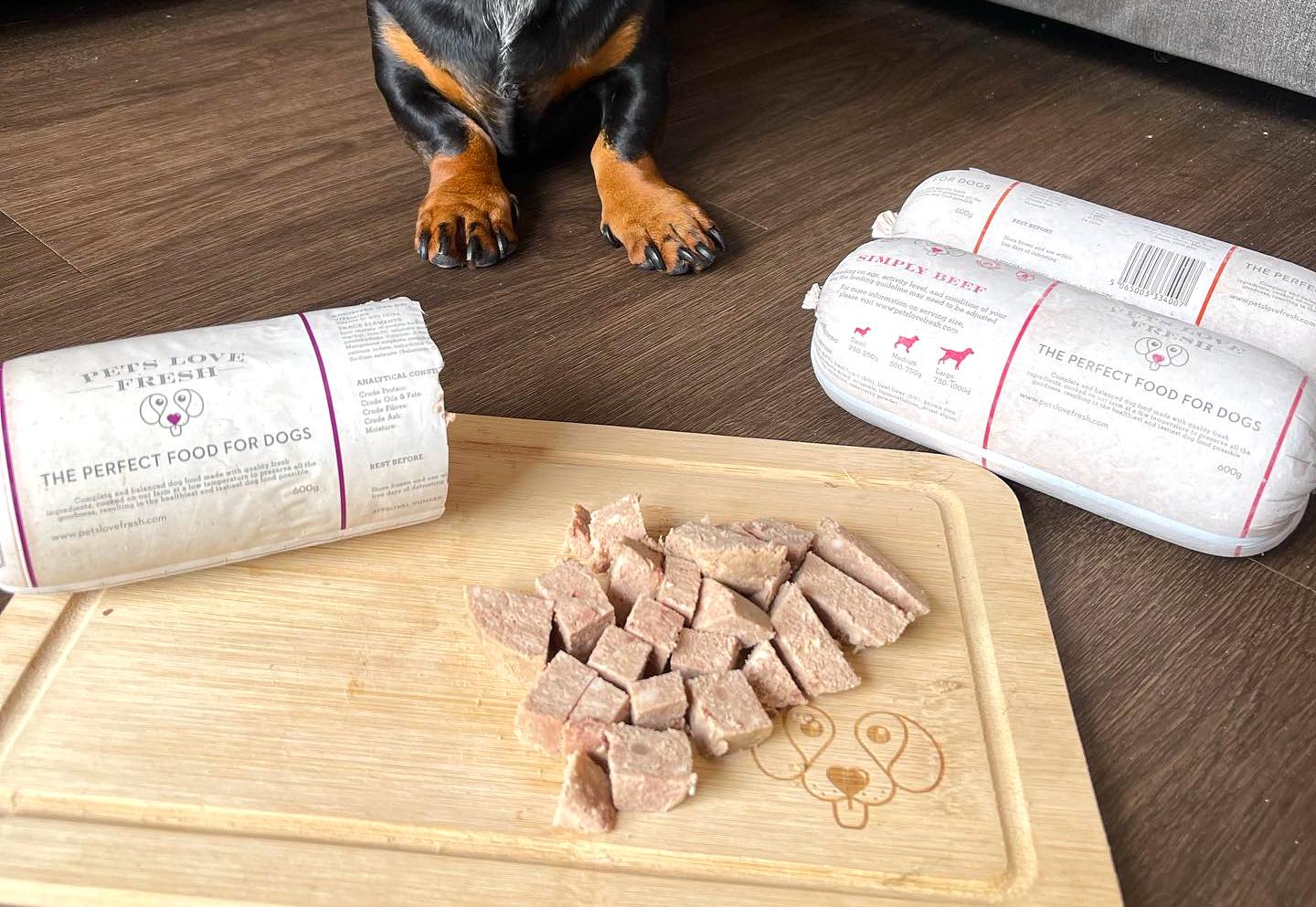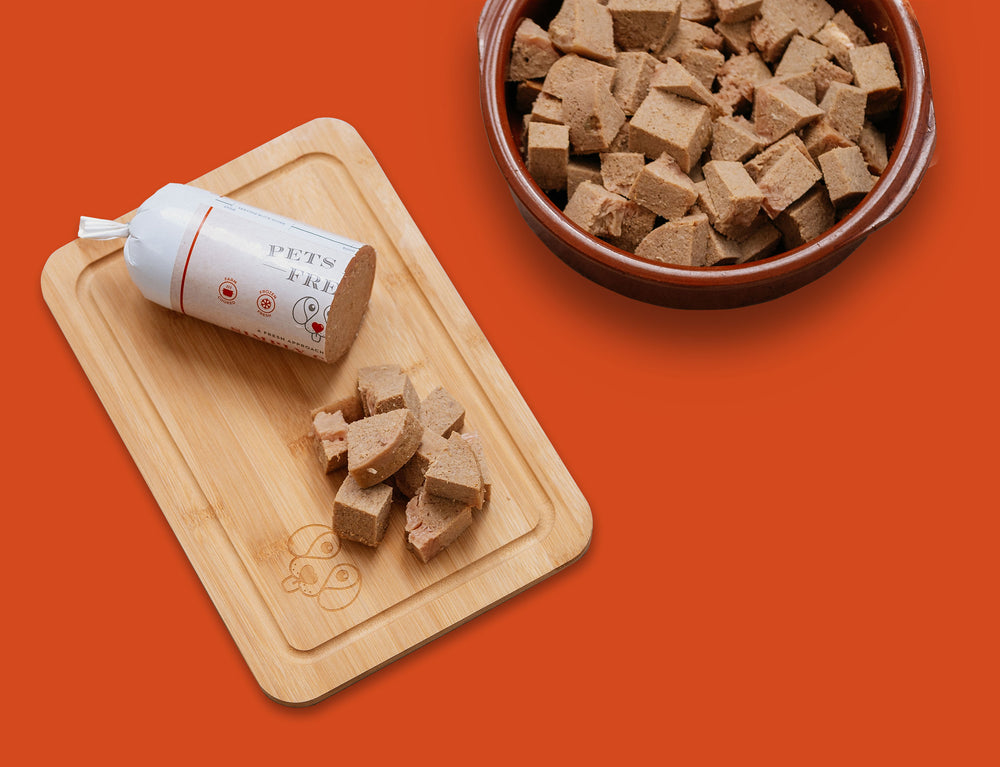Crude Protein In Dog Food
Protein and crude protein are often confused or conflated and, in the case of some dog food, can be labelled in an intentionally misleading way. You might be under the impression that crude protein corresponds directly to the amount of meat (like chicken, beef, or pork) listed on the ingredients. But this is not necessarily true.
We’ve put this guide together to help you discover what exactly goes into your dog's food, what crude protein means, and how much of it is actually beneficial to your dog.
What is crude protein in dog food?
When you look at the ingredients list of your dog’s food, you might notice that the percentage of named meat protein and crude protein is completely different, which can be quite confusing. This is because crude protein is determined by the nitrogen content in the food, not necessarily by how much meat there is. Essentially, it is the estimated total amount of protein in the food, which includes, but is not exclusive to, the named meats.
The amount of crude protein on dog food labels includes protein from every source, which can include eggs, beans, nuts, and grains. It can also include caracasses and filler meat which allow the food to be advertised as high in protein, even when this protein is not high in quality. Therefore, you should not simply rely on the crude protein content when deciding which dog food to purchase. Here's what our Simply Chicken Pets Love Fresh recipe looks like when comparing the analytical constituents:
Analytical Constituents:
Crude Protein: 13.70%
Crude Oils & Fats: 5.40%
Crude Fibres: 1.00%
Crude Ash: 2.10%
Moisture: 74.00%
How much protein does a dog need?
Just like goldilocks, your pup needs the right amount of protein - not too much, not too little. It all depends on the weight and size of your dog.
Protein is made up of amino acids, which dogs can only produce half of what they need to survive on their own. The rest must come from their diet, and animal protein is the most efficient way to do this. However, a mix of plant and animal protein is optimal, which is why high quality dog foods include both.
Protein is essential in the repair and maintenance of muscle and other tissues, but when there is too much the excess needs to be disposed of. When this happens it is broken down and turned into energy or stored as fat (or in some cases it can result in excess stools). If your dog begins to put on weight, you should monitor the quality of the protein and how much of it they are consuming. The quality is important because it means it will contain many more amino acids, which are essential for your pup’s health.
High-quality foods, such as our Sensitive Stomach Dog Food or Hypoallergenic Dog Food ranges, contain balanced proteins that are easier to digest and packed with essential amino acids.
If your dog is not receiving enough protein, they will not be able to repair and maintain their muscles and will begin to lose weight. You will also notice their coat becoming more brittle and less glossy. Protein is critical to your dog's health, so if you believe your pup has a deficiency, they should be checked over by your vet immediately.
How much protein does a puppy need?
Proper nutrition in puppies will lead to a healthy and active adult dog. The amount of protein a puppy needs is highest immediately after weaning, then decreases steadily. On a dry matter basis (meaning how many nutrients are in the food when all the moisture is removed), puppies need around 22-32% protein in their diet.
Puppy foods, from companies that invest in scientific research, will often contain all the necessary ingredients your dog needs to grow and stay healthy. But since puppies need more protein and fat than adult dogs, look out for foods with a high protein and fat content. Probiotic Dog Food is a great choice to support healthy digestion and immune development in growing pups.
Can dogs eat too much protein?
Yes, dogs can eat too much protein. Excessive protein can quickly lead to weight gain, which can bring about a range of issues in dogs, including increasing the risk of arthritis and reducing their life expectancy. If your pooch has underlying kidney or liver problems, excessive protein will only exacerbate this. It forces these organs to work harder and harder, upsetting the balance of nutrients.
You need to be aware of your dog's requirements when deciding how much protein they need. The size, age, weight and breed of your pup will play a large role in the nutrients they need to survive and thrive. This is why you should not base their diet simply on the amount of crude protein listed on their food - the quality is more important.
Consider foods with a balanced protein profile, such as High Fibre Dog Food, which supports digestion while keeping nutrient levels in check.
Benefits of protein in dog food
When given the correct amount of protein, you will notice many benefits in your dog's health and behaviour. Protein is essential in maintaining and repairing their cells, and the amino acids it gives them contribute to healthy skin and a glossy coat. It also provides energy, and keeps their immune system going strong,
But protein is just one part of a balanced diet, and should not be prioritised over any other component, unless your pup has a deficiency. And remember - the quality of the protein is far more important than the quantity, so be on the lookout for named meats on the ingredient list, over worrying about how much crude protein is in their food.
Protein in our fresh dog food
As a fresh dog food brand, Pets Love Fresh offers only the best, human grade, animal protein for our four-legged friends. Our Simply Chicken recipe contains 70% chicken meat, along with other fresh ingredients that will help your pup stay healthy.
We don't use any fillers in our recipes, and human quality meat so you can be sure the protein is of extremely high quality. Order a taster pack, and give your pup the quality meal they deserve.
Shop our taster packs for dogs and puppies.
However, protein is just one part of a balanced diet. Treats and complementary foods play a role too. Try our Natural Dog Treats for a wholesome reward that won’t compromise your dog’s nutrition!


